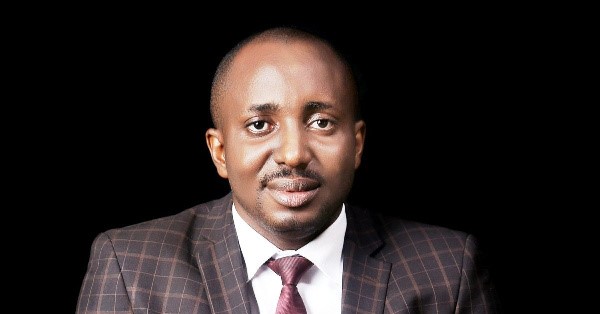Ben Ezechime, Enugu
The Leadership Entrepreneurship and Advocacy Network (LEAD Network Africa) has advocated for the incorporation of Nigeria Civil War into the History Study recently reintroduced in secondary schools.
The Executive Director of LEAD Network Africa, Mr Chukwuma Okenwa, made the call on Monday in Enugu while speaking with journalists on the obvious exclusion of the monumental aspect of Nigerian history.
According to Okenwa, with the recent reintroduction of history studies at the primary and secondary school levels, it was disturbing to note that the Nigeria Civil War account was conspicuously omitted.
He argued that how can we compel kids to learn their history as a country without allowing them to know about one of the most critical events that have shaped the Nigerian political landscape?
“Sadly this huge omission is happening at a time when there had been recent drums of war by a generation who were not there during the civil war and as such cannot relate to the devastating impact of war.
“Part of the major advocacy for history studies in recent Nigeria is that it could afford the younger generation to learn from the mistakes of the past and use the knowledge advantage to secure a better future.
“It is evident that the Nigerian Civil War which happened between 1967 and 1970 still finds expression in today’s Nigeria through the Biafran agitations for secession and specialised military operations in the South-East, 53 years after the war ended.
“Despite this obvious reality of how that historical event of war is still our nation’s reality today, the framers of the history curriculum still thought it wise to omit the Nigeria Civil War from the curriculum,” he said.
Okenwa noted that it remained a “grievous mistake” and huge negligence on the role of knowledge in advancing cohesion and peaceful coexistence in a multicultural society like Nigeria.
The executive director advised that the framers of the curriculum might consider introducing such a subject matter as sensitive, “but it is even more sensitive not to talk about it to the younger generation.”
“Obviously, for the idea of war to ever be contemplated by a Nation that had over three million casualties in a past war, is one that truly suggests that the huge cost of that war, has not translated as a lesson fee for the current and future generations of Nigerians.
“I recommend a multi-ethnic consultative approach toward harmonising the divergent stories of the Nigerian Civil War with a view to developing a healthy perspective that will discourage the present and future generations of Nigerians from contemplating a war.
“Or, Nigerians still living out its effects through ethnic profiling, suppression, and bigotry, which is totally uncalled for at this age,” he noted.
Okenwa said that the Nigeria Civil War as an indispensable component of our nation’s history should be integrated into the study of history in our basic schools, especially secondary schools.

